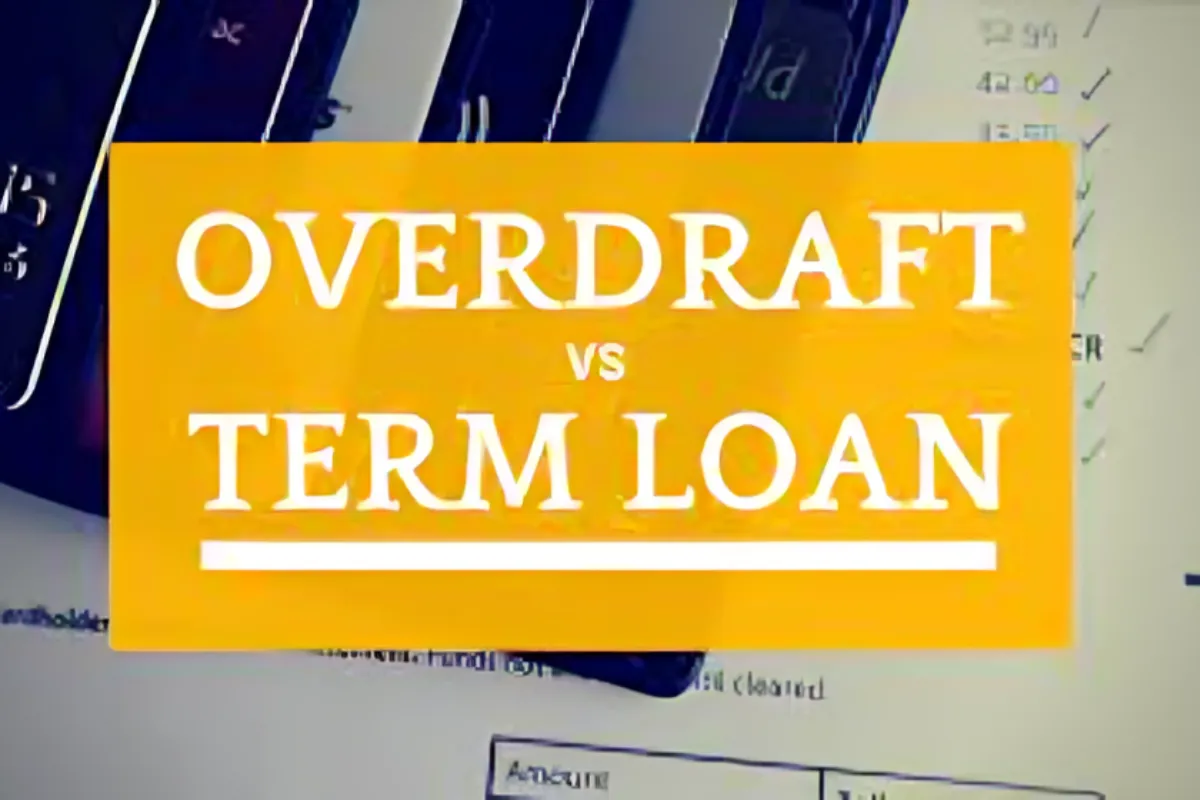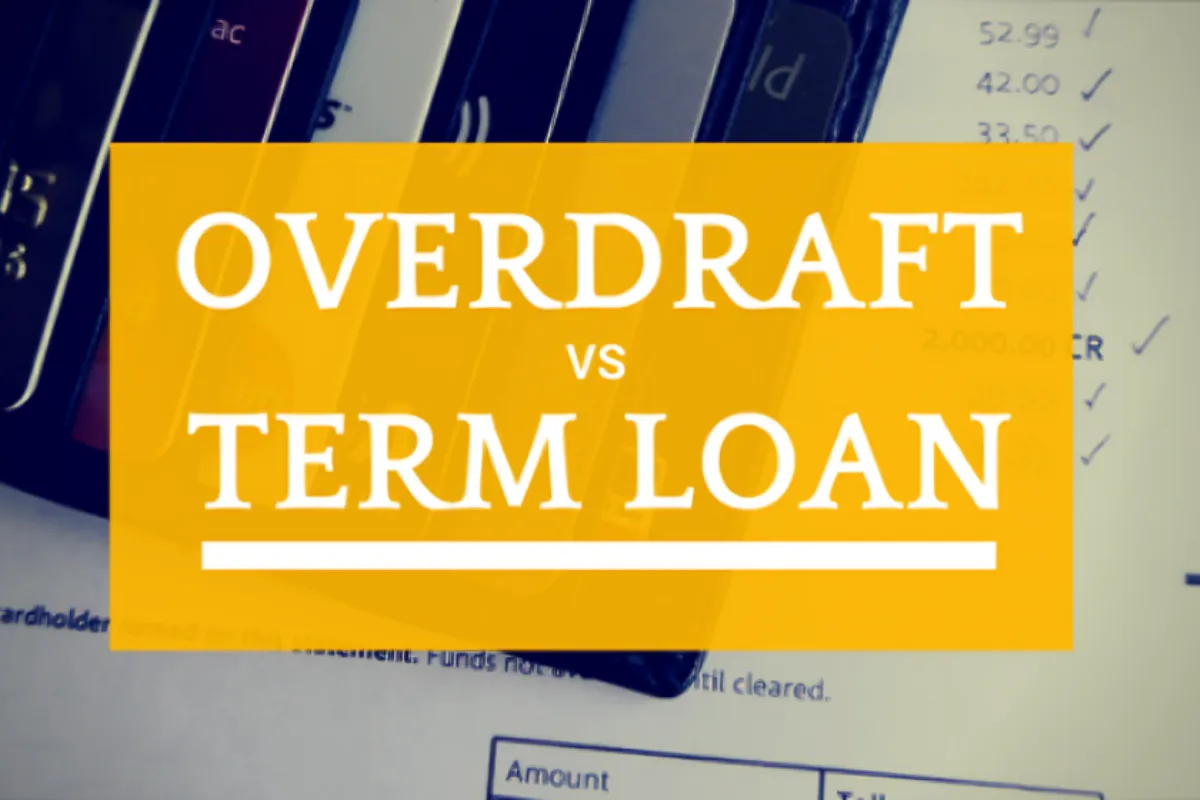Loan Against Property: Secured loans tend to be granted more quickly than unsecured loans since applicants provide assets as security. This increases lenders’ willingness to speed the approval procedure. A loan against property (LAP) is a popular form of secured loan in which debtors mortgage their property to get financing. These properties may be residential, commercial, or even land, as long as they are held by the borrower.
Valuation and Approval Process
A systematic process for assessing collateral property does not exist. Every lender has their own set of rules and procedures. The lender seizes possession of the asset if the borrower defaults on the loan. To recover the outstanding amount, they may sell the property at auction or renegotiate the loan to lengthen the payback time. Although LAPs provide a number of benefits, their lengthy approval process renders them inappropriate for urgent financial needs.
Benefits of Loan Against Property
- Long Repayment Tenures: LAPs can have repayment periods of up to 15 years, making them more manageable.
- Lower Interest Rates: Compared to unsecured loans like personal loans, LAPs usually have lower interest rates.
- Reduced EMI Burden: Due to the longer tenure, the equated monthly instalments (EMIs) are lower, easing the repayment burden.
- Larger Loan Amounts: Borrowers can get higher amounts because the loan is based on the current worth of the property, which is helpful for significant needs like company expansion.
Disadvantages of Loan Against Property
- Risk of Losing Property: The lender may seize your belongings and sell them at auction to recoup the debt if you are unable to make loan payments.
- Longer Approval Process: The lengthy evaluation and approval process for a loan secured by property makes it less appropriate for unforeseen financial emergencies.
- Fluctuating Property Values: The amount you are able to borrow may change depending on how much the mortgaged property is worth.
- Fees and Charges: LAPs may come with a number of expenses, including as processing, appraisal, and legal costs, all of which raise the total cost of the loan.
Bank Interest Rates for Loan Against Property
Here are the top banks in India offering competitive interest rates on loans against property for an amount of Rs 15 lakh over a 7-year tenure:
- HDFC Bank: Starts at 9.50%. EMI: Rs 24,323.
- State Bank of India (SBI): Starts at 10.10%. EMI: Rs 24,771.
- Indian Bank: Starts at 10.10%. EMI: Rs 24,771.
- Axis Bank: Starts at 10.50%. EMI: Rs 25,072.
- Union Bank of India: Starts at 10.55%. EMI: Rs 25,109.
- Bank of Baroda: Starts at 10.85%. EMI: Rs 25,336.
- Canara Bank: Starts at 11.05%. EMI: Rs 25,488.
- ICICI Bank: Starts at 11.35%. EMI: Rs 25,717.
- Bank of India: Starts at 11.35%. EMI: Rs 25,717.
- Punjab National Bank (PNB): Starts at 11.40%. EMI: Rs 25,756.
Keep watching our YouTube Channel ‘DNP INDIA’. Also, please subscribe and follow us on FACEBOOK, INSTAGRAM, and TWITTER.












